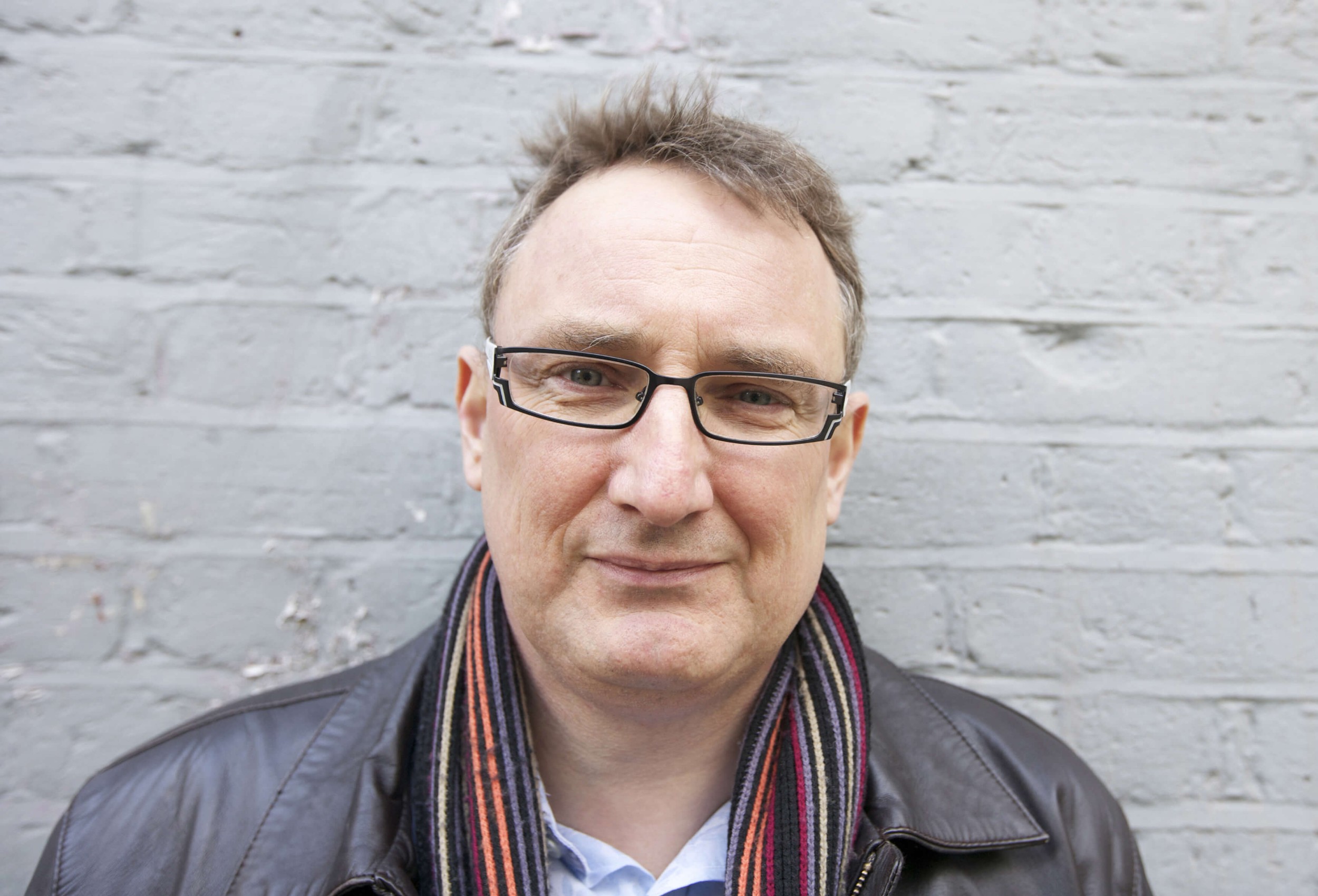It is reported that 90% of all mental health care is delivered in Primary care. 81% of people seeking mental health support start their journey by making an appointment to see a General Practice clinician. This makes primary care a great place to engage in a preventative approach due to the contact GP surgeries have with the local community, the non-stigmatizing nature of the service, ease of access and the frequency with which mental health needs present (reportedly part of 1 in 3 appointments).
The opportunities to intervene early, reduce distress, decrease demand on services and increase GP capacity are important. As General Practice expands to meet the ambitions of the NHS Long Term Plan, to provide more care in the community, additional roles are joining the expanding workforce. In most places, this includes the addition of Mental Health Practitioners (MHPs), but other roles, such as social prescribers and link workers, may also be able to focus upon a preventative approach.
Medication prescribed by GPs for emotional difficulties is increasing. With the average GP appointment lasting only 10 minutes, it’s perhaps not surprising that medication prescriptions are rising, through a want to help in a pressured system.
General practice settings seem to be the ideal place to provide early support. Being able to intervene early, at the point when a distressed individual first raises their concerns and tells someone that they are struggling.
As a result of the investment in national approaches such as the ‘Eat 5 a day’ and ‘Change4Life’ campaigns, our awareness about how to look after our physical health is improving. With the desired move towards achieving ‘parity of esteem’ between physical and mental health care services, it’s now timely to place more emphasis on mental health promotion and prevention in primary care services. In 2020, Public Health England sought to place mental health prevention on an equal footing to programmes aimed at reducing smoking and obesity rates in their planning resource ‘The Prevention Concordant for Better Mental Health’ (2017).
There is a wealth of organisational and government guidelines available that make a compelling case for the prevention of mental ill health and promotion of emotional wellbeing in General Practice. The Royal College of General Practitioners (RCGP) set out 12 recommendations for mental health promotion and prevention within UK General Practice. They emphasise that focusing on mental health prevention will help to reduce illness, save lives, save money, reduce General practice workload and promote resilience and good mental health.





